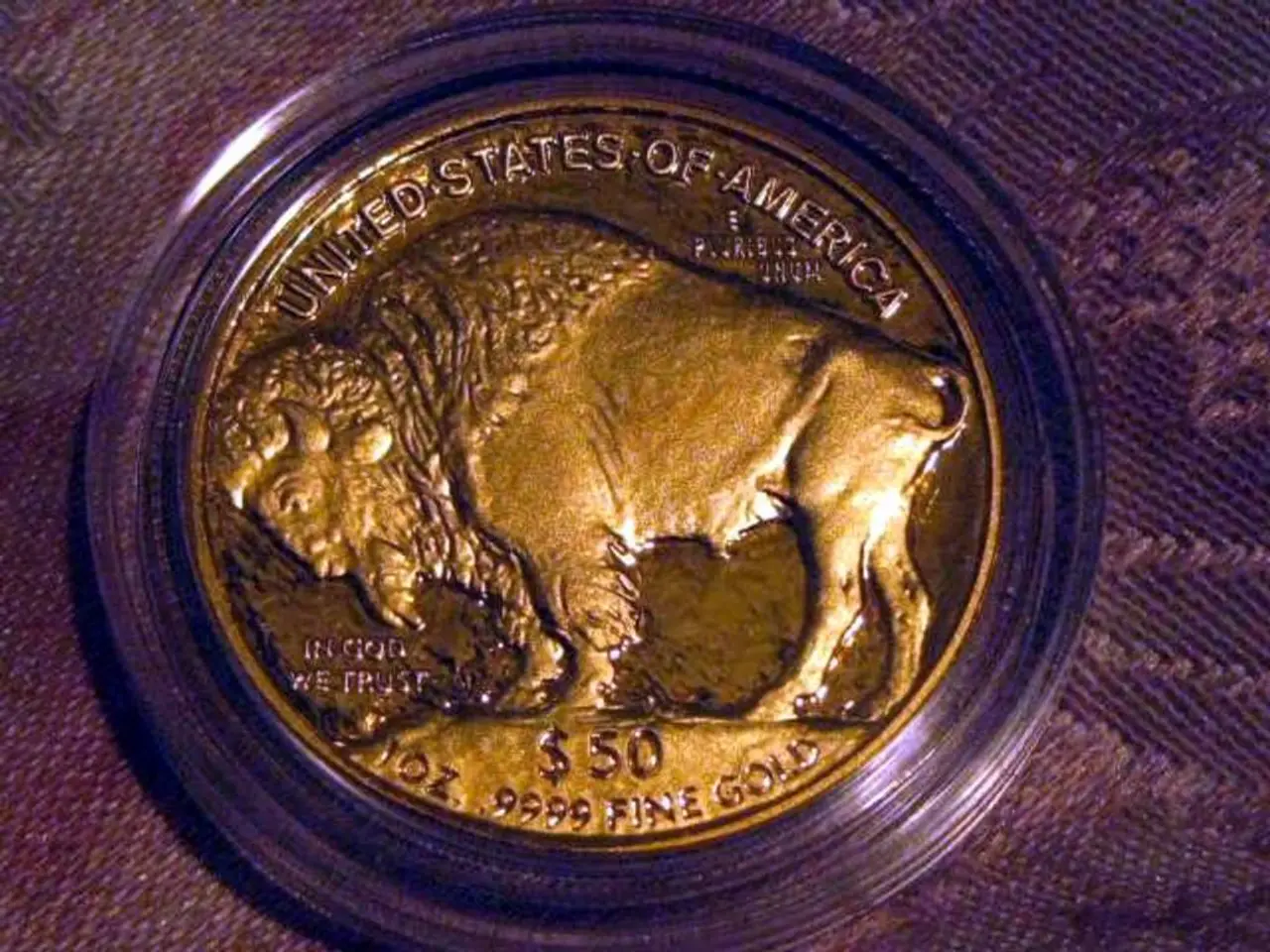Study Reveals Alarming Connection Between Personality Traits and Backing for Trump Administration
In a groundbreaking study published in the Journal of Research in Personality, researchers have found that Trump supporters tend to score higher on malevolent personality traits such as psychopathy, narcissism, manipulativeness, and callousness, and lower on empathy and compassion [1][3][5].
These malevolent traits reflect a disposition toward exploiting or disregarding others for personal gain, comfort with aggression and dominance, and a lack of concern for others' suffering. The study found that individuals with these traits were more likely to hold conservative political views and show favorable opinions of Donald Trump, while those with more benevolent, empathetic, and compassionate dispositions tended to lean more toward liberal ideologies.
The study, led by psychologist Craig Neumann of the University of North Texas, was based on two large surveys of U.S. adults and indicated that these dark personality traits—sometimes referred to as the "Dark Triad"—are associated with a tendency to endorse authoritarian and conservative ideologies, particularly in the context of Trump’s political movement. It also noted that not all conservatives possess these traits; rather, the Trump-influenced subset showed a shift toward greater authoritarianism and malevolent personality characteristics [1][3][5].
One of the key findings of the study was the link between lower empathy among Trump supporters and a tendency to enjoy others' suffering in some cases. This lack of compassion was not just a simple absence of caring, but a more complex pattern that included a certain enjoyment of others' pain [1][3][5].
The gender divide was telling: men in the sample were more likely to display malevolent traits, and these traits more strongly predicted support for Trump among men. Women, on the other hand, scored higher on benevolence and showed weaker links between personality and politics [1][3][5].
The implications of the research extend beyond Trump or American politics, suggesting that deep-seated personality traits, especially those that incline people toward kindness or cruelty, shape political ideology. Policy debates may reflect clashes over human nature itself [1][3][5].
The study is based on the theory of "motivated social cognition," which suggests political beliefs are shaped by facts, values, and psychological needs like a desire for certainty, fear of threats, and a preference for rigid hierarchies [1][3][5].
It's important to note that the study's findings reflect group averages, not individual labels. Personality traits exist along a continuum, with individuals varying widely within each group. Furthermore, the study did not aim to condemn or justify any political stance, but rather to shed light on the psychological factors that may influence political alignment [1][3][5].
The study's findings are in line with previous research showing that Trump's behaviour, such as mocking disabled reporters and separating children from their families, is a textbook depiction of aggression and disregard for others [1].
Trump's personal life has also been marked by controversies, including an affair with an adult star and a history of misusing donations and misusing charity funds [1].
In conclusion, the study provides valuable insights into the psychological makeup of Trump supporters, revealing a pattern where higher levels of malevolent traits and lower empathy correlate with political attitudes [1][3][5].
- The study's findings indicate that the 'Dark Triad' personality traits, which include psychopathy, narcissism, and callousness, are associated with a tendency to support conservative political views, particularly within the context of Donald Trump's political movement.
- The study further suggests that the clashes in policy debates may not only be about political ideology but also about human nature itself, with the study indicating that deep-seated personality traits, such as empathy and compassion, play a significant role in shaping political ideology.
- The study's focus on the role of psychology in political alignment extends beyond Trump or American politics, implying that research in areas like ecology, medicine, and climate, which are often influenced by political decisions, could benefit from a deeper understanding of the psychological factors that influence political ideology.








